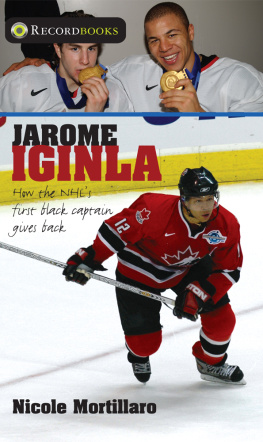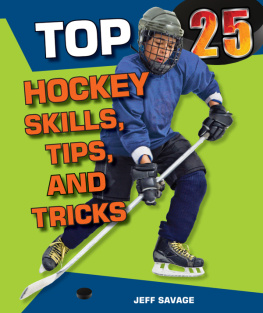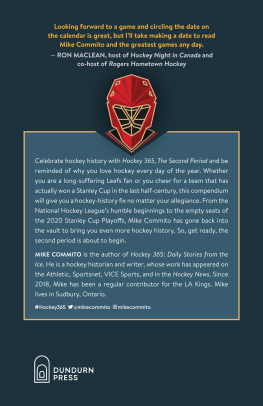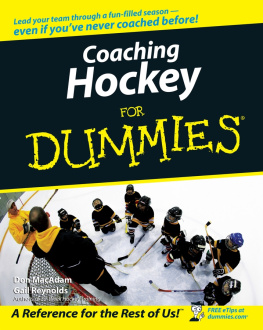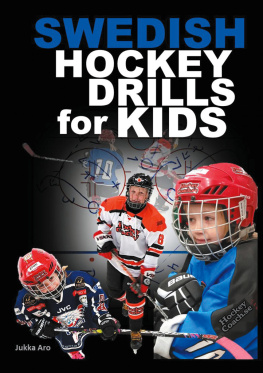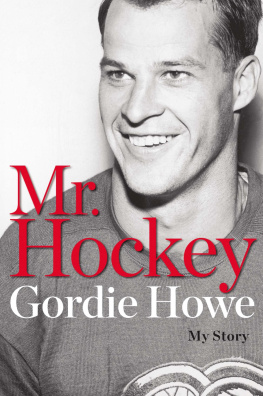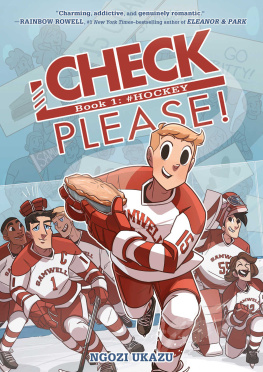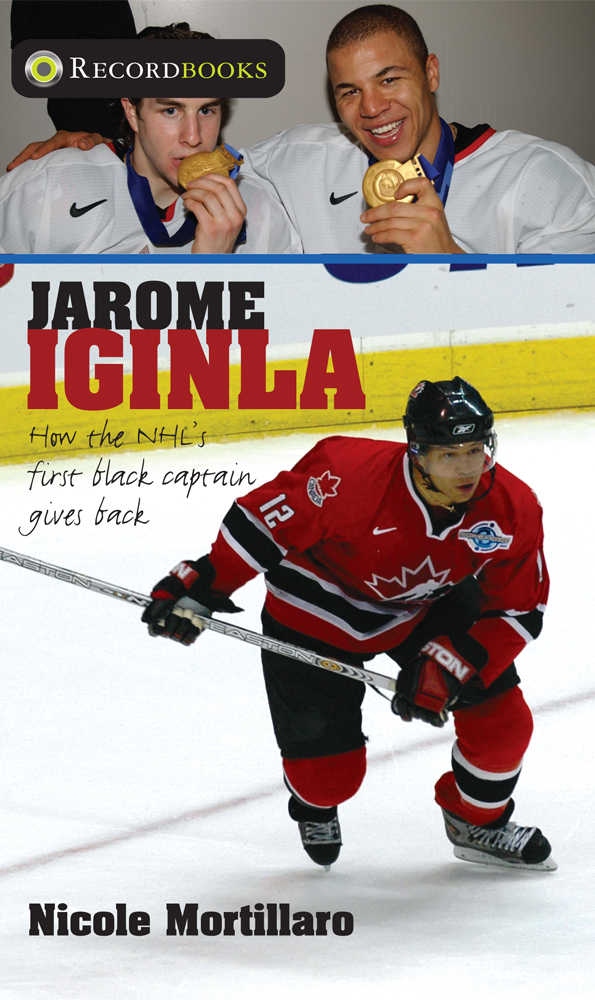The Stanley Cup.
It was within reach. It was so close. As captain of the Calgary Flames, Jarome Iginla was ready to take it. It was unlike him to seem so hungry for something. His normally generous nature had taken a backseat to his drive for the Cup. Like every player on his team, Jarome had been dreaming of it from his earliest days on ice. And here he was part of the 2004 run to the National Hockey Leagues top prize.
The arena was loud. Fans cheered as the anthem ended. But the players from both teams the Calgary Flames and the Tampa Bay Lightning were focused. They knew they had to play their hardest and their best.
The series had been a tight one. The teams seemed evenly matched. They went back and forth within each game. But now it was a game that both teams desperately wanted to win. The series was tied at two apiece heading into this fifth game. The winner would command a 32 lead in the series. They would be just one game away from hoisting the coveted trophy. And Jarome wanted this. Both teams desperately wanted to win.
The Flames started the game off scoring when Toni Lydman scored off a tip-in. But the Lightning were still very much in the series. They wouldnt give up. They tied it up late in the first period. It was obvious that this was going to be another tight game.
Jarome was his teams leader. The polite and soft-spoken young man knew how to lead by example. In the second period, after a flurry around Tampa Bays goalie, Nikolai Khabibulin, he skated in to his players defense. Some Lightning players had started to push and shove. He wasnt going to get pushed around, and he wasnt about to let his teammates be pushed around either.
And then, late in the second period, Jarome did what he does best.
There were just over four minutes left in the second. Jarome flew down the right wing, the puck on his stick. For a brief moment, he looked to see who might be coming down centre ice to take the shot from the point. But there was nobody in position. It was obvious that Khabibulin was ready for Jarome to pass off the puck. But Jarome decided to take the shot himself. He fired it hard and in it went. He had tied the game!
Well, said CBC Hockey Night in Canada broadcaster Harry Neale. How about that shot!
Jarome celebrated with his teammates. But he knew that this wasnt over. And he was right. It would be another hard-fought game as it headed into overtime.
A Star
is Born
On July 1, 1977, families across the country celebrated Canada Day. They enjoyed the festivities in their towns and cities. There were balloons and picnics and candy, and, of course, fireworks.
But in Edmonton, Alberta, Susan and Elvis Iginla skipped the celebrations of their adopted country and for good reason. They were awaiting the arrival of their first child. When Jarome Arthur-Leigh Adekunle Tig Junior Elvis Iginla arrived that day, they breathed a sigh of relief.
Jaromes father emigrated from Nigeria to Canada when he was just nineteen. He changed his name from Adekunle to Elvis, because most people had trouble pronouncing his African name. Young and determined, Elvis put himself through law school at the University of Alberta, and began practising law. Jaromes mother, Susan was originally from Medford, Oregon. She worked as a massage therapist and music teacher. Just two years after Jarome was born, Susan and Elvis separated. Jarome grew up with his mother in St. Albert, Alberta, about 75 kilometres (47 miles) northwest of Edmonton.
Like most boys, Jarome enjoyed sports. His mother would always keep him busy, whether it was baseball, tennis, or even bowling.
I played a lot of different sports growing up, Jarome says. It was a great way for me to vent all my energy. My mom always said I had too much energy.
It wasnt until Jarome was almost seven years old that he was introduced to hockey. The seed of playing in the NHL was planted one day after his aunt took him to an arena to watch a local game. Although his parents didnt know much about hockey, his grandfather was always willing to help him.
My grandparents believed in the value of sport and worked really hard to help my mom get me to hockey. Jarome says.
But as much as Jarome enjoyed hockey, he was very aware of the difference between him and almost every other National Hockey League (NHL) superstar: he was of mixed race. There hadnt been many black NHLers in the game.
Growing up, I was aware that I was the only one [black player] on my team, he once said in an interview. Kids used to ask me all the time what are my chances, there arent any black players in the NHL, and Im one of them.
Years later, in an interview with Jet , an American magazine for blacks, he said, When I started playing and watching hockey as a seven-year-old, I was aware of it. Also kids would say, when I [told them I] wanted to be in the NHL, that there are not very many black players in the NHL. So I really was aware of it... but I wanted to be in the NHL and be like my idols.
Oilers in the 80s
When Jarome was growing up in the 1980s, the Edmonton Oilers were a strong team. With stars like goalie Grant Fuhr, defenseman Paul Coffey, and forwards Mark Messier and The Great One himself, Wayne Gretzky, the team won four Stanley Cups between 1984 and 1987. Grant Fuhr was key to the teams success. He was born in Spruce Grove, Alberta, about 20 kilometres (12 miles) from Jaromes first home in St. Albert. Fuhr was also of mixed race. By the end of his time with the Oilers, Fuhr had played a record 4,304 minutes and led his team to five Stanley Cups. He won the Vezina Trophy for his goaltending and was even the runner-up for the Hart Trophy, tying with teammate Wayne Gretzky.
Another time he noted, It made me feel good to see other [black] players who were making it in the NHL. After that, I never worried about what the odds were. I knew it was possible.
Jarome enrolled in a minor hockey program. Like his hockey idol, Grant Fuhr, Jarome wanted to be goalie. But his time in goal didnt last long. Two years later, he moved to right wing, playing in the St. Albert Minor Hockey Association. He played his entire minor hockey career there with the Bantam AAA Sabres and then the Midget AAA Raiders. In his final year with the Raiders, as an underage player, he scored 87 goals and led the league in scoring.
Jaromes mother worked hard to keep him in sports. His grandfather also helped by driving him to practices even if they were for other sports. Jarome was quite the all-around athlete. Not only was he becoming an extremely talented hockey player, he was also a baseball player. In the early 1990s, he earned the starting position as catcher for the Canadian junior baseball team.
Jarome started his junior hockey career when he was sixteen years old. He played for the Kamloops Blazers of the Western Hockey League (WHL) in 199394. That season, he had 6 goals and 23 assists for 29 points in 48 games. He obviously had a gift for the sport.
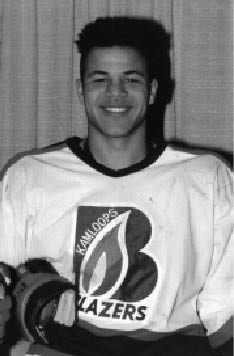
Jarome started playing for the Kamloops Blazers in 19931994.

